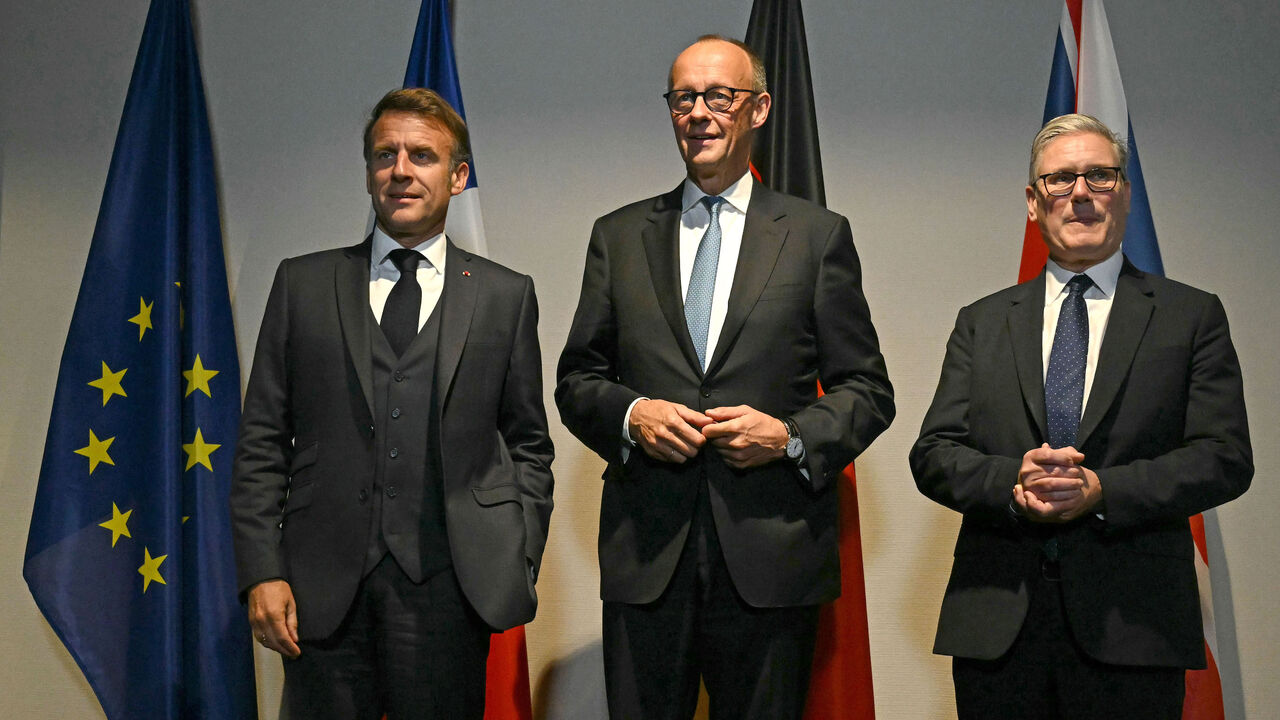The UK, France and Germany have moved to reactivate major United Nations sanctions on Iran, a step that escalates tensions over Tehran’s nuclear programme and risks collapsing any prospects of renewed diplomacy.
The three countries invoked a snapback provision in the 2015 nuclear deal, which allows a participant to demand the return of sanctions if Iran is deemed to be in violation.
The measure, submitted in a letter to the UN Security Council, could lead to the reimposition of sanctions within 30 days.
In their letter, the three European nations said Iran’s non-compliance with the 2015 accord was “clear and deliberate” and argued that Tehran had “no civilian justification” for stockpiling high enriched uranium, warning that its programme “remains a clear threat to international peace and security.”
They also stressed that they would remain open to “any serious diplomatic efforts to restore [its] compliance with its commitments” during the 30-day window.
British Foreign Secretary David Lammy said London and its European allies had offered Iran an extension to sanctions relief if it agreed to meet certain conditions.
However, he added that Tehran had made “no substantive effort” to comply and had “consistently failed to provide credible assurances on the nature of its nuclear programme.”
Iran rejected the move, accusing the European states of lacking “legal jurisdiction” to revive sanctions.
In a letter to the European Union’s policy chief, Iran’s foreign minister said that Russia and China supported its position, and insisted Tehran was ready to resume “fair and balanced” negotiations if the other parties demonstrated “seriousness and goodwill.”
Iran’s foreign ministry condemned the European decision as a “provocative and unnecessary escalation” that would “seriously undermine” its cooperation with the International Atomic Energy Agency. It further warned that the move “will be met with appropriate responses.”
Talks between Iran and the US over the nuclear programme have stalled since June, when Washington bombed Iranian nuclear sites and Tehran barred UN-backed inspectors from accessing its facilities.
The US welcomed the snapback process, with a spokesperson for Secretary of State Marco Rubio saying: “At the same time, the United States remains available for direct engagement with Iran – in furtherance of a peaceful, enduring resolution to the Iran nuclear issue.”
The snapback mechanism was included in the 2015 nuclear agreement, which had lifted years-long economic sanctions on Iran in exchange for limits on its nuclear activities.
The deal collapsed after Donald Trump withdrew the US in 2018 and reimposed sanctions, prompting Iran to ramp up its programme.
While Western governments and the IAEA argue they are not convinced Iran’s programme is entirely civilian, Tehran insists it has no intention of building nuclear weapons and that its activities are peaceful.
Iran has urged members of the Security Council to reject the European move but maintained it remains open to dialogue.
